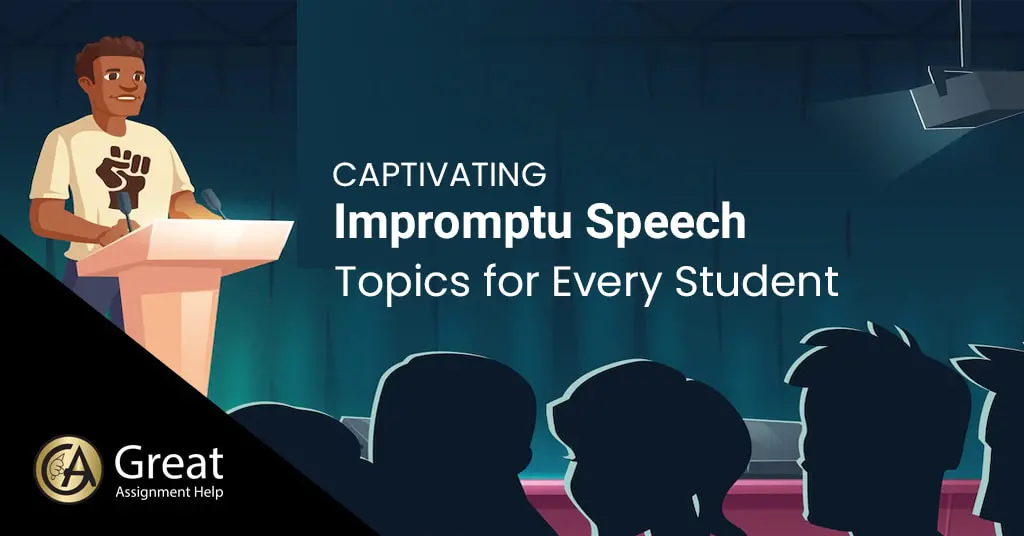Principles of Positive Guidance With Young Children
Question :
Option 1- Define resilience in your own words including describing what resilience "looks like in children and in adults".
Consider/discuss how there are multiple influences on a child's resilience including diverse cultural, community, and family contexts.
Identify specific steps /strategies, you as an early childhood education professional, can take to help children cope with stress and foster resilience.
Option 2 - How do you establish developmentally appropriate expectations for the children and follow through with your expectations
Discuss/Describe your own and your program's philosophy and procedures of behavior management and guidance.
How do you accommodate for and respect cultural influences on children's behavior and the effectiveness of your own and your program's guidance techniques?
What is working? What would you identify as you most significant challenges?
Answer :
Option 1
Resilience refers to the specific ability of an individual to come out of adversity, stress, challenges, failure or trauma. It can be identified that it is a skill that a child develops upon growing. A child with appropriate resilience can easily take healthy risks. There is no concern of falling short of expectation in this scenario (Tobe, Sakka & Kamibeppu, 2019). It can be identified that stress is quite a common problem in children. In this day, children are mostly forced to stress by the parents. Therefore, resilience is a very evident skill for the children through which the stress can be handled efficiently. It can also be identified that resilience is also very important for the adults, as they also deal with multiple stress factors (Kersey & Masterson, 2012). As per the study of multiple authors, there are certain influences in relation to the building of resilience of a child that includes, community, cultural and family context. Being an early childhood education professional, I need to deal with problems of children related to stress. Early education is the area where a child first faces any stress in his or her life. Therefore, it is the most prominent time in terms of building resilience. The resilience skill can be built up in this time through appropriate manner. Resilience can be fostered among young children to prevent misbehaviour in different time of life (Tough, 2016). Therefore it is very important to understand that misbehaviour is a bigger concept and resilience can be an effective way to prevent the critical aspects of this.
Option 2
For the option 2 discussion, an early childhood educational professional is interviewed. The interviewee is one of the prominent individual who works in the domain of mental health among children from age group 3 years to 10 years. The individual have conducted a distinct study in order to identify the link between educational capability of a child and mental health. The interviewee has been asked multiple questions regarding his experience in the relative domain. In response to the first question, the interviewee has asked to involve certain difficulties within the business domain. The interviewee has described the philosophy of his specific program in a detailed manner. The interview have identified that mental health of the children plays an important role within the business domain. The response also includes the procedure for behaviour management of the children. There are multiple cultural influences on the behaviour of the children. In early schools, there are children from different cultural background. Therefore, the behavioural management should be integrated effectively to improve mental state of a child (Ungar & Hadfield, 2019). The interviewer was also asked about the working areas and the challenges identified by the experiences. According to the response of the interviewee, behaviour management have helped children to cope up with certain mental issues like stress. The interviewee have also identified that preventing misbehaviours can be done using this specific framework within the system. Therefore, it can be stated that resilience and preventing misbehaviour is quite related to each other and it has a significant influence in the life of a child.
References
Kersey, K., & Masterson, M. (2012). 101 principles for positive guidance with young children: Creating responsive teachers. Pearson Higher Ed. Retrieved from: Retrieved from: https://bookshelf.vitalsource.com/#/books/9780133119954/cfi/168!/4/4@0.00:16.3
Tobe, H., Sakka, M., & Kamibeppu, K. (2019). The efficacy of a resilience-enhancement program for mothers in Japan based on emotion regulation: study protocol for a randomized controlled trial. BMC Psychology, 7(1), 1-7. Retrieved from: https://bmcpsychology.biomedcentral.com/articles/10.1186/s40359-019-0344-6
Tough, P. (2016). How kids learn resilience. The Atlantic, 317(5), 56-66. Retrieved from: http://www.cbsd.org/cms/lib010/PA01916442/Centricity/Domain/2711/How%20Kids%20Learn%20Resilience.pdf
Ungar, M., & Hadfield, K. (2019). The differential impact of environment and resilience on youth outcomes. Canadian Journal of Behavioural Science/Revue canadienne des sciences du comportement, 51(2), 135. Retrieved from: https://qmro.qmul.ac.uk/xmlui/bitstream/handle/123456789/55283/Hadfield_The%20differential%20impact_2019_Accepted%20manuscript.pdf?sequence=4&isAllowed=y







